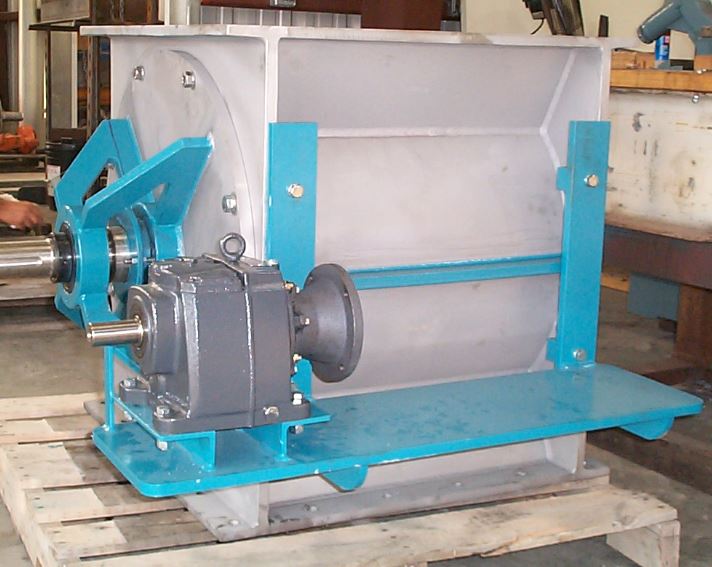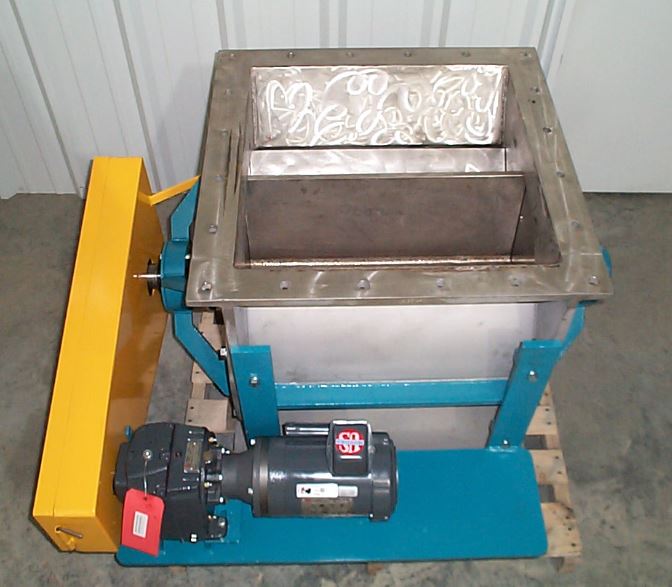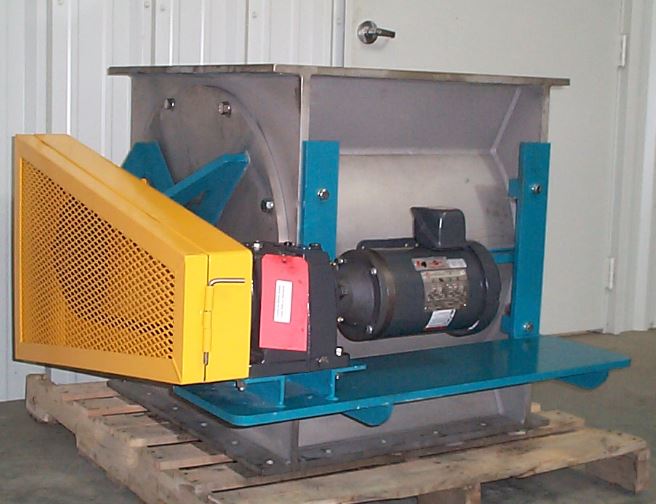Rotary Airlock FAQs
Rotary airlocks are a vital part of material processing, allowing for the precise feeding and regulating of materials. They serve key operational and safety functions and help to maintain the ideal amount of pressure for sensitive processes. The following list of rotary airlock FAQs is by no means comprehensive, and things can get pretty specific when it comes to precision parts, so don’t be afraid to ask your trusted machine shop anything else you want to know about rotary airlocks.
Is a rotary airlock the same as a rotary feeder?
Generally speaking, yes. The terms are usually used universally. They are also sometimes called rotary airlock valves or rotary valves. Do note, though, that not every rotary valve or rotary feeder is necessarily an airlock valve.
Is one the same as another in terms of quality?
Simply put, no. Like many precision parts, rotary airlock valves should only be purchased from trusted manufacturers who are compliant with industry standards and have a proven track record of quality and customer service. The importance of using well-made valves cannot be understated. Be discerning and don’t settle for less than top-notch products.

Rotary airlock valves are also called rotary feeders, rotary valves, or just rotary airlocks.
What causes them to fail?
The two most common reasons rotary airlock valves fail or cease to work efficiently is bearing failure and seal failure. The valves themselves are often in good working order, but blown seals and/or bearings can cause malfunction and even all-out failure. The good news is that bearings and seals can be replaced without replacing the whole valve. If you’re burning through seals and bearings, talk to an expert about how you might benefit from upgrading.
Is it okay to repair a valve instead of replacing it?
Yes. Sometimes, your existing valve can be re-manufactured and restored to new condition. This is a great option, since it can save you money. It’s also nice if your valve happens to be a discontinued or difficult to find model. If a valve is beyond repair, a good machine shop may be able to fabricate a new one to fit your existing ductwork.
What’s the best solution for leaky airlock valves?
A vented surge hopper is typically the most effective way to take care of an air leak. The hopper serves as an intermediary between the storage vessel and the conveyance system, forcing excess air through a vent filter. A surge hopper can also be used in conjunction with a secondary airlock valve, allowing several additional feeding and metering options. There are many ways to address leakages and help with air management issues. It’s always advisable to talk to an expert about which solution would be best for your situation.
Are leaky valves a big deal?
Yes. The longer you let a leak go unaddressed, the more unnecessary wear-and-tear you are subjecting your equipment to. In the long run, you could end up not only needing to replace or rebuild your airlock valve; you may also find yourself facing costly repairs to other components of your processing equipment.
Should You Have a Spare Valve?
It’s highly recommended. If you do need to pull your existing valve for repairs, it could take at least a day or two to get back to you. This downtime can wreak havoc on your operations and your bottom line. Some companies choose to have a spare valve on hand so they don’t have to skip a beat.


